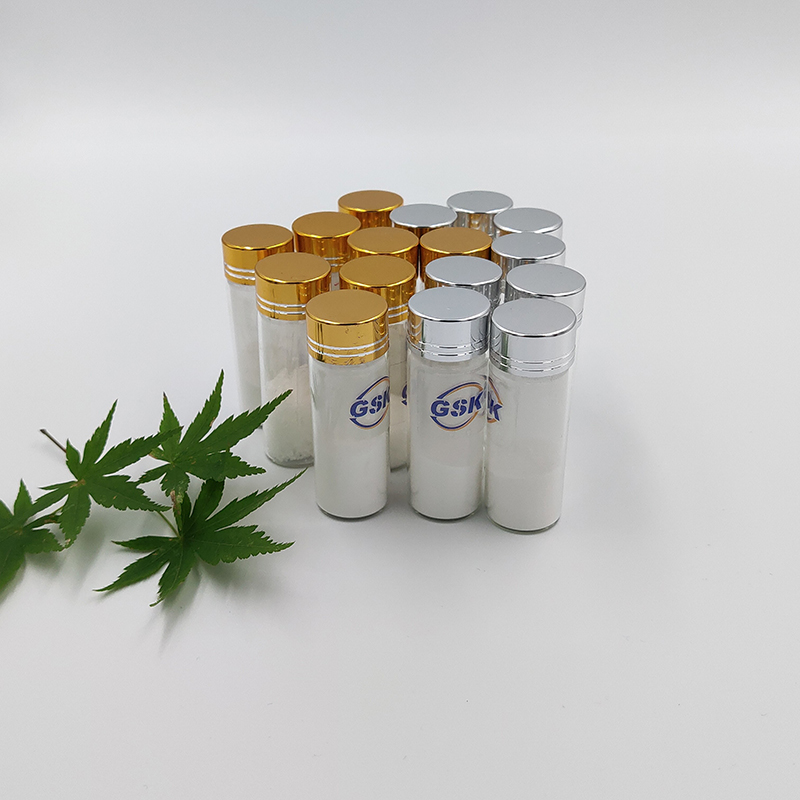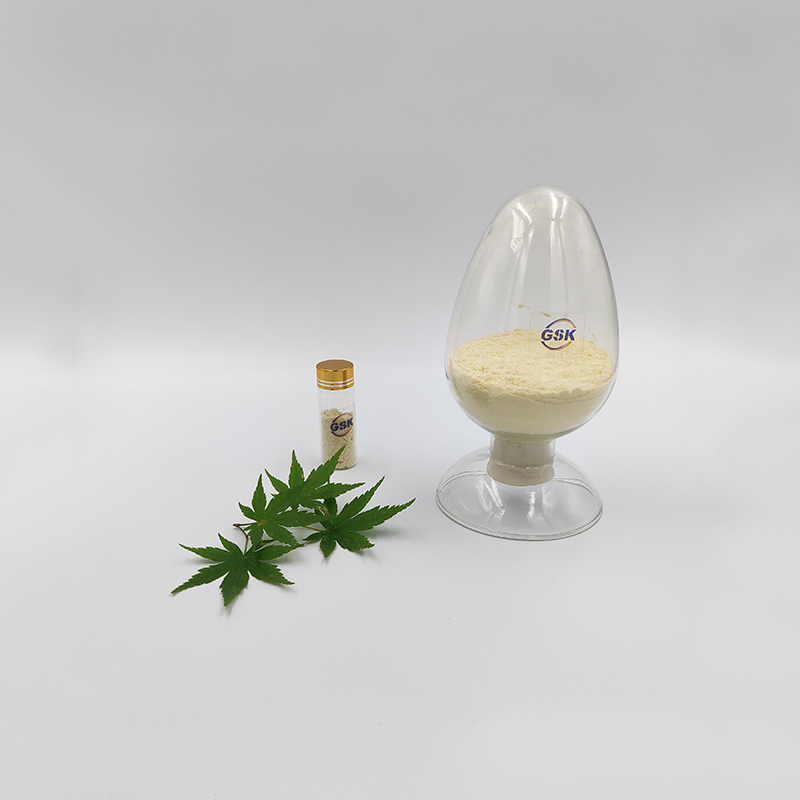Methylphenidate is a stimulant ADHD medication available in many formulations used to treat symptoms of primarily inattentive, hyperactive/impulsive, or combined type of ADHD in children and adults. Brand Names: Concerta, Ritalin, Jornay PM, Aptensio XR, Metadate CD, Methylin, Quillivant XR
Methylphenidate (Brand Names: Concerta, Ritalin, Daytrana, Aptensio XR, Methylin, Quillivant XR, Jornay PM, Azstarys, Cotempla XR-ODT,) is a central nervous system stimulant ADHD medication primarily used to treat symptoms of attention deficit hyperactivity disorder in children ages 6-12, adolescents, and adults up to age 65. Methylphenidate may improve ADHD symptoms, including poor focus, impulsivity, and hyperactive behavior. Methylphenidate is the generic or general name of the medication that is then sold under a number of brand names, such as Ritalin and Daytrana. Aminomercuric Chloride

Methylphenidate is not the same as Adderall XR, which is an amphetamine. (The methylphenidates are one family of stimulant medications; the other is D-amphetamine like Adderall, Adderall XR, Dexedrine, Vyvanse, etc.)
Methylphenidate has not been studied in children under the age of six by the FDA. It has been extensively studied, however, in the Preschool ADHD Treatment Study (PATS 2016) and was shown to be both effective and safe in the treatment of preschool children.1
The American Academy of Pediatrics recommends ADHD treatment with behavioral therapy before medication for children under the age of six due to more adverse side effects and less efficacy. That changes for children ages six to 11 the AAP says, “The primary care clinician should prescribe US Food and Drug Administration–approved medications for ADHD and/or evidence-based parent- and/or teacher-administered behavior therapy as a treatment for ADHD, preferably both.” Similarly, the National Institute of Mental Health finds the most successful treatment plans use a combination of ADHD medication and behavioral therapy.
Methylphenidate can also be used to treat narcolepsy.
Methylphenidate is considered the most effective first-line treatment for ADHD symptoms in children. In 2018, researchers from the UK systematically compared 133 double-blind, randomized, controlled trials designed to contrast the effectiveness and tolerability of the following medications for ADHD in children, adolescents, and adults: amphetamines (including lisdexamfetamine), atomoxetine, bupropion, clonidine, guanfacine, methylphenidate, and modafinil. In studying drug effectiveness (change in the severity of ADHD core symptoms based on teachers’ and clinicians’ ratings) and tolerability (proportion of participants who left the study due to side effects) in roughly 11,000 children, the researchers found that all medications were superior to placebo. However, according to teachers’ ratings, only methylphenidate and modafinil were superior to placebo.2
Before starting or refilling a methylphenidate prescription, read the medication guide included with your pills and speak to your pharmacist as there may be updated information.
This guide should not replace a conversation with your doctor, who has a holistic view of your or your child’s medical history, other diagnoses, and other prescriptions. If you have questions, ask your doctor or pharmacist before you begin taking the medication.
Not everyone will benefit from or tolerate methylphenidate.
The optimal dosage varies from patient to patient. It is not determined by age, weight, or height but rather by how a person absorbs and then metabolizes the medication and the condition treated. Your doctor may adjust your daily dosage until you or your child experiences the best response — that is, the lowest dosage at which you experience the greatest improvement in symptoms without side effects. A multimodal treatment study of children with ADHD published in the Journal of the American Academy of Child & Adolescent Psychiatry showed that two-thirds of patients can reach remission with adequate doses. The “community care” comparison group used lower doses and only one-third of their patients reached remission.3)
Methylphenidate is available in several formulations:
During treatment, your doctor should periodically ask you or your parents to fill out an evidence-based ADHD rating scale and have involved teachers do the same. Over the years they may suggest that you stop taking your methylphenidate to monitor your residual ADHD symptoms; check vital statistics including blood, heart, and blood pressure; or evaluate height and weight. If any problems are found, your doctor may recommend modifying treatment or switching to another stimulant such as an amphetamine or a non-stimulant.
Very rarely some patients report developing a tolerance to methylphenidate after long-term use. If you notice that your dosage is no longer controlling your or your child’s symptoms, talk to your doctor to plan a course of action.
As with all medications, follow your methylphenidate prescription instructions exactly. If patients experience upset stomach as a side effect, this medication can be taken with food. Taking methylphenidate late in the day can disrupt sleep.
The most common side effects of methylphenidate are as follows: Decreased appetite with possible weight loss, jitteriness, irritability, difficulty falling asleep, stomach discomfort, heart racing, and constipation.
The transdermal patch form of methylphenidate can cause skin irritation, and permanent skin discoloration where the patch is applied.
At one time there was a concern that methylphenidate caused a slowing of growth for which the child then compensated in a later time. This is now considered doubtful and consequently no international professional guidelines now recommend the use of “drug holidays” to allow for this compensatory growth.
Other serious but rare side effects include priapism and eyesight changes or blurred vision.
If side effects are bothersome, or do not go away, talk to your doctor. Most people taking this medication do not experience any of these side effects.
Report to your doctor any heart-related problems or a family history of heart and blood pressure problems prior to starting methylphenidate. Patients with structural cardiac abnormalities and other serious heart problems have experienced sudden death, stroke, heart attack, and increased blood pressure while taking methylphenidate. Stimulants can increase blood pressure and heart rate. Physicians should monitor these vital signs closely during treatment. Call your doctor immediately if you or your child experiences warning signs such as severe chest pain, excessive shortness of breath without cause, or fainting while taking methylphenidate.
Also disclose to your physician all mental health issues including any family history of suicide, bipolar illness, tics, or depression. Methylphenidate may create new or exacerbate existing behavior problems, bipolar illness, or Tourette’s syndrome. The FDA recommends evaluating patients for bipolar disorder, tics, and Tourette’s syndrome prior to stimulant administration. It can cause psychotic or manic symptoms in children and teenagers. Call your doctor immediately if you or your child experiences new or worsening mental health symptoms including hallucinations or sudden suspicions.
Discuss circulation problems with your doctor before taking methylphenidate, which has been known to cause numbness, coolness, or pain in fingers or toes, including Raynaud’s phenomenon. Report to your doctor any new blood-flow problems, pain, skin color changes, or sensitivities to temperature while taking methylphenidate.
Stimulants like methylphenidate have a high potential for abuse and addiction, especially among people who do not have ADHD. It is a “Schedule II Stimulant,” a designation that the Drug Enforcement Agency uses for drugs with a high potential for abuse. All of the first line (i.e. most effective) stimulant medications for ADHD are also in Schedule II. People with a history of drug abuse should use caution when trying this medication. Taking the medication exactly as prescribed can reduce potential for abuse.
The above is not a complete list of potential side effects. If you notice any health changes not listed above, discuss them with your doctor or pharmacist.
Store methylphenidate in a secure place out of the reach of children, and at room temperature. Do not share your methylphenidate prescription with anyone, even someone with ADHD. Sharing prescription medication is illegal and can cause harm.
You should not take methylphenidate if you have any of the following conditions: allergy or hypersensitivity to methylphenidate HCI or any of the ingredients in methylphenidate medications, anxiety/agitation, glaucoma, tics or history of Tourette’s syndrome (There is conflicting evidence regarding if tics can get better, stay the same or get worse with stimulant treatment for ADHD), or if you are taking monoamine oxidase inhibitors (MAOIs).
Chewable tablets can contain phenylalanine, and can be harmful to people with phenylketonuria.
You should use caution while taking methylphenidate if you have a history of heart or circulation problems.
If you’re thinking of becoming pregnant, discuss the use of methylphenidate with your doctor. Animal studies indicate a potential risk of fetal harm but no harm has been found in human beings. Methylphenidate is passed through breastmilk but the effects of ADHD medications in breast milk have never been studied. The American Association of Pediatrics recommends that mothers do not nurse while taking methylphenidate “out of an abundance of caution.”
Before taking methylphenidate, discuss all other active prescription medications with your doctor. Methylphenidate can have a dangerous, possibly fatal, interaction with a group of rarely used antidepressants called the monoamine oxidase inhibitors (MAOIs).
Share a list of all vitamin or herbal supplements, and prescription and non-prescription medications you take with the pharmacist when you fill your prescription, and let all doctors and physicians know you are taking methylphenidate before having any surgery or laboratory tests. Methylphenidate can have a dangerous interaction with certain anesthetics. The above is not a complete list of all possible drug interactions.
1 Greenhill L, Kollins S, Abikoff H, McCracken J, Riddle M, Swanson J. Efficacy and safety of immediate-release methylphenidate treatment for preschoolers with ADHD. J Am Acad Child Adolesc Psychiatry. 2006;45(11):1284–1293. DOI: https://doi.org/10.1097/01.chi.0000235077.32661.61 2Cortese S, Adamo N, Del Giovane C, et al. Comparative efficacy and tolerability of medications for attention-deficit hyperactivity disorder in children, adolescents, and adults: a systematic review and network meta-analysis. Lancet Psychiatry. 2018 Aug 7. doi: 10.1016/S2215-0366(18)30269-4 3Molina BSG, Hinshaw SP, Swanson JM, Arnold LE, Vitiello B, Jensen PS, Epstein JN, Hoza B, Hechtman L, Abikoff HB, Elliott GR, Greenhill LL, Newcorn JH, Wells KC, Wigal T, Gibbons RD, Hur K, Houck PR; MTA Cooperative Group. The MTA at 8 years: prospective follow-up of children treated for combined-type ADHD in a multisite study. J Am Acad Child Adolesc Psychiatry. 2009 May;48(5):484-500. doi: 10.1097/CHI.0b013e31819c23d0. PMID: 19318991; PMCID: PMC3063150. http://www.fda.gov/downloads/Drugs/DrugSafety/ucm088635.pdf http://www.fda.gov/downloads/Drugs/DrugSafety/ucm088575.pdf http://pi.actavis.com/data_stream.asp?product_group=1707&p=pi Methylphenidate Chewable tabs: http://www.fda.gov/downloads/drugs/drugsafety/ucm088639.pdf Methylphenidate Oral solution: http://www.fda.gov/downloads/drugs/drugsafety/ucm088640.pdf Methylphenidate Extended release suspension: http://www.fda.gov/downloads/drugs/drugsafety/ucm322209.pdf Methylphenidate Extended release chewable tablet: https://www.quillivantxr-quillichewer.com/ Methylphenidate Short-acting tablet: http://www.fda.gov/downloads/drugs/drugsafety/ucm089090.pdf https://www.pharma.us.novartis.com/sites/www.pharma.us.novartis.com/files/ritalin_ritalin-sr.pdf
Tags: ADHD Etc., treating adults, treating kids
ADDitude collaborates closely with leading medical experts to publish accurate, clear, and authoritative content that millions of readers trust and share.
Since 1998, millions of parents and adults have trusted ADDitude's expert guidance and support for living better with ADHD and its related mental health conditions. Our mission is to be your trusted advisor, an unwavering source of understanding and guidance along the path to wellness.
It appears JavaScript is disabled in your browser. Please enable JavaScript and refresh the page in order to complete this form.

Sodium borohydride Get a free issue and free ADDitude eBook, plus save 42% off the cover price.